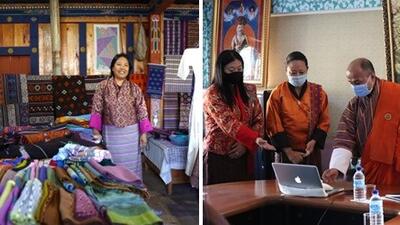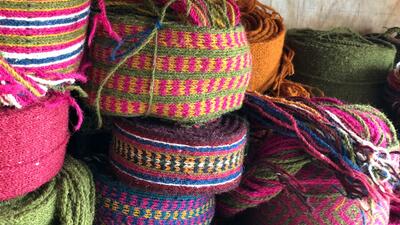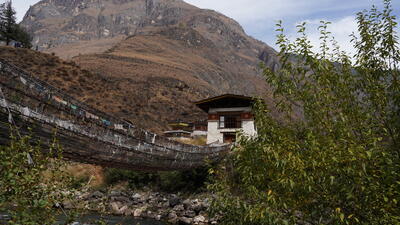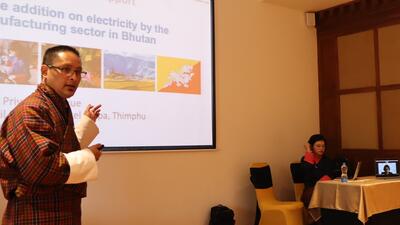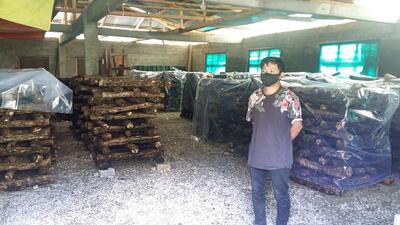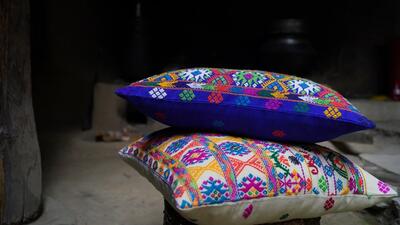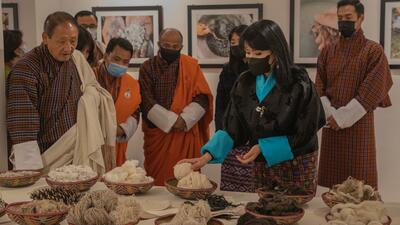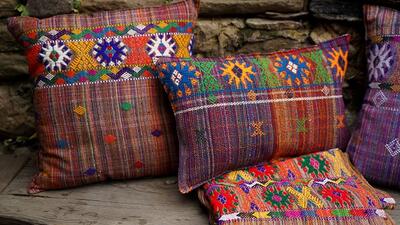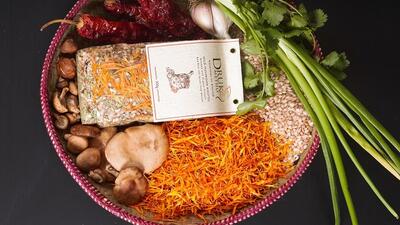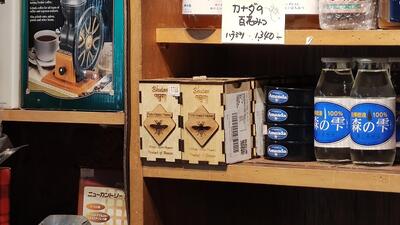
Improving Yak Cheese Production in Bhutan
Yak milk is considered the white gold of the Himalayas, incredibly pure yet unexplored.
However, the yak herders cannot go into yak cheese production for the export market without meeting high food safety standards. As yak herders are frequently moving, it is crucial to ascertain their location at any given point for efficient milk collection and analysis of the milk to make sure it meets these standards.
There is also a need to attract foreign direct investments and to engage the private sector to constantly explore high-end niche markets around the world for yak cheese.
The yak cheese variety is an exotic food product for the international markets. Local herders could also increase their income by selling their milk to the cheese factory.
Funded by the European Union, the International Trade Centre, through the EU-Bhutan Trade Support Project, conducted a series of trainings and coaching in May 2022 for the highland yak herders using a ‘learning by doing’ approach.
The workshops combined demonstrations on yak cheese and cow dairy production in Haa and Paro districts of Bhutan.
During these workshops, the livestock technicians from the Ministry of Agriculture and Forestry (MOAF) and cooperatives of yak herders from the two districts, participated in sessions on the harvesting/collection of milk, processing, standardization, coagulation, cutting, cooking, draining, salting, forming, pressing and maturation/ageing of cheese. Around 60 individuals were coached by the expert.
Participants are currently learning to brine cheeses as part of the ageing process. To ensure a more immersive learning experience for the attendees, the experts have delegated the trained livestock technicians to test out more batches of both yak and cow milk cheese for the next month.
The project continues to explore how these challenges and opportunities could be addressed and capitalized with the MOAF partners to enable integration.




